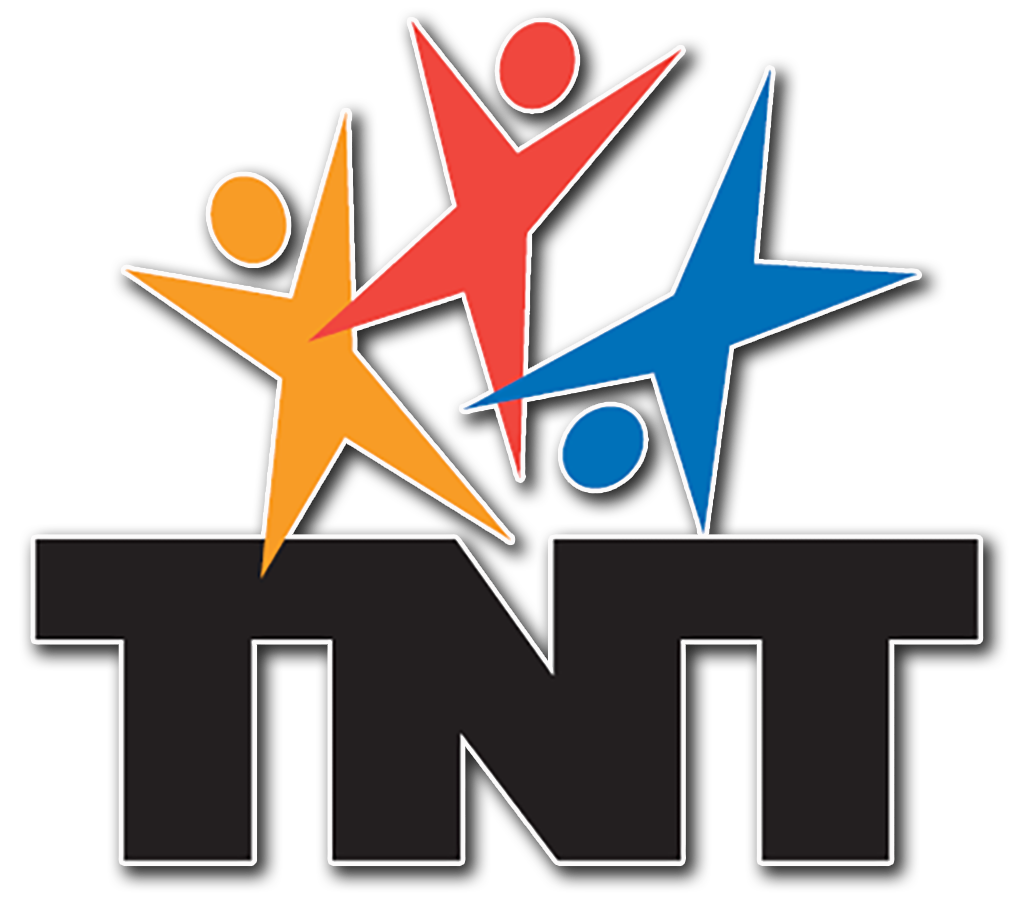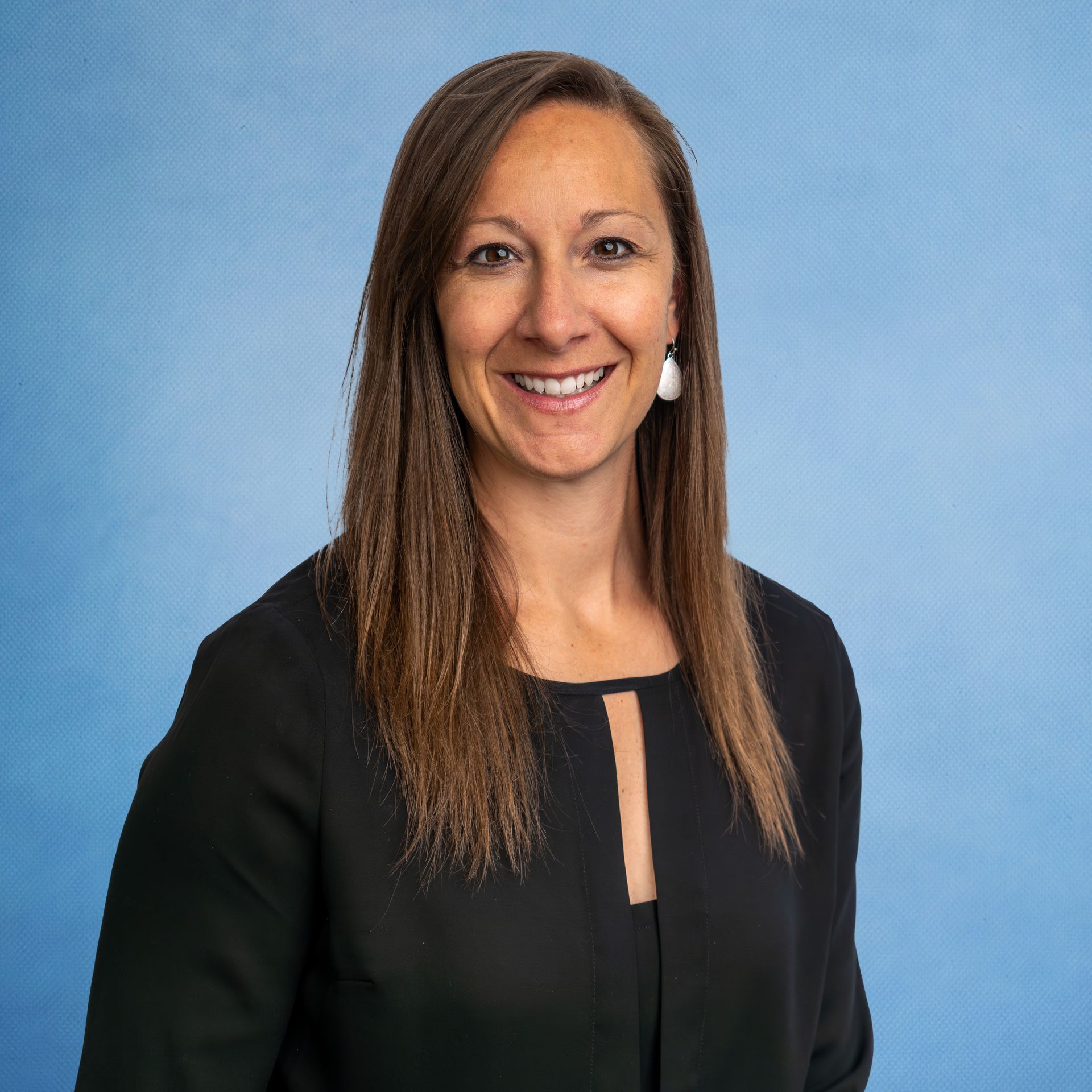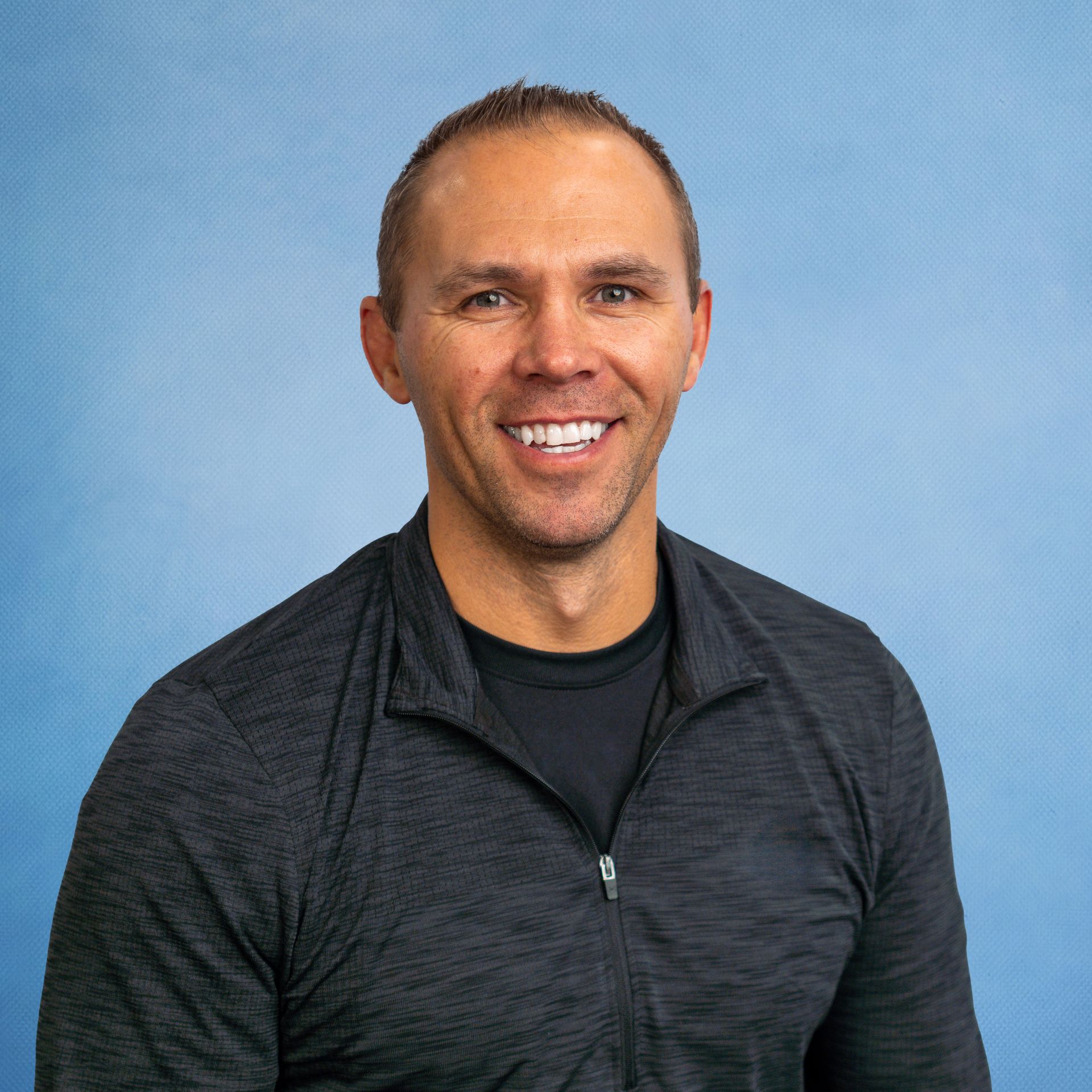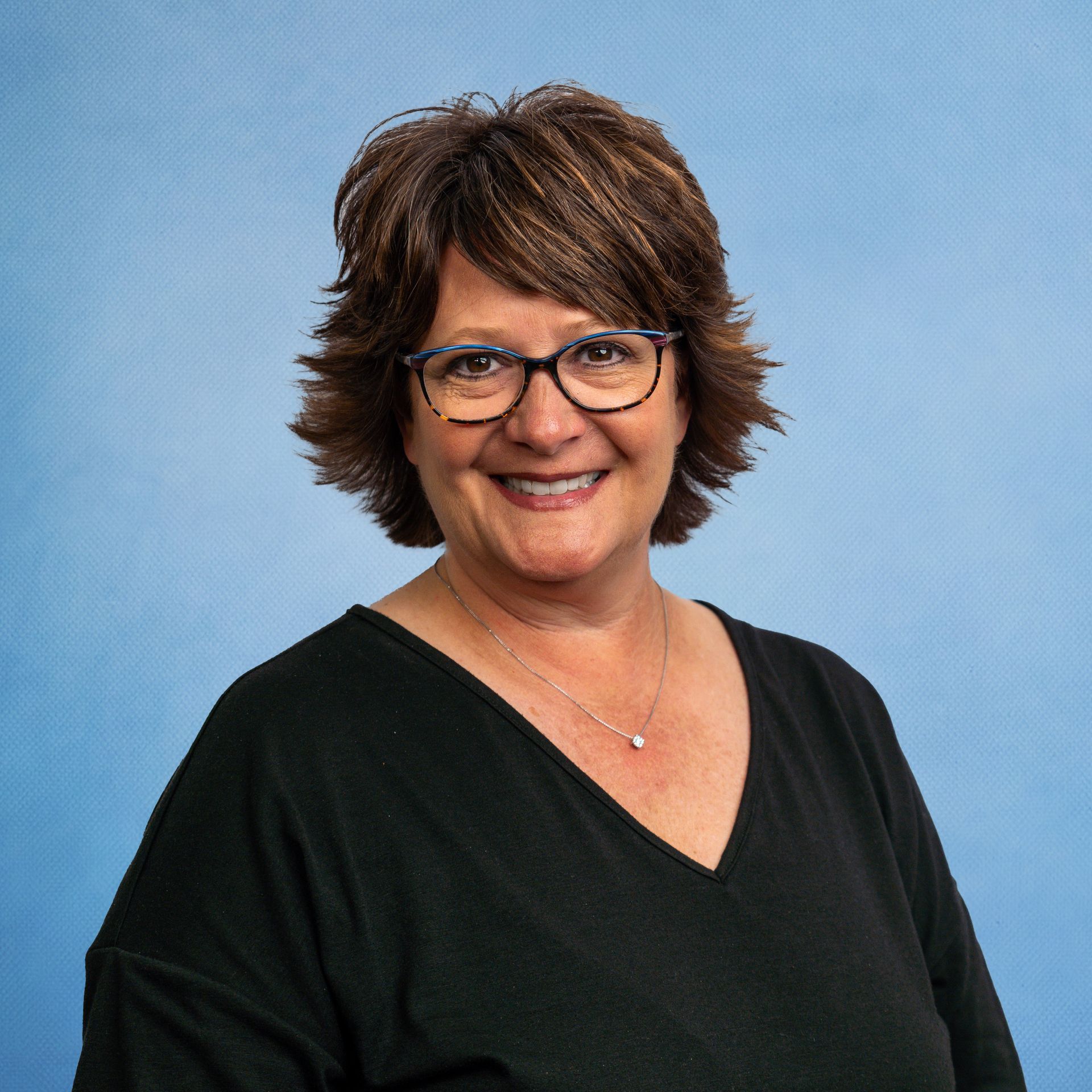Our Team
At the heart of ABLE’s development are two dedicated professionals that have been with TNT for decades!
Together, Nate and Leslie created the ABLE Framework that is impacting thousands of students. Currently Leslie and Nate are contracted to work in the Fargo Public Schools’ Level D setting, where they support students with the most significant needs. Their firsthand experience with the daily challenges and triumphs of inclusive education has been instrumental in shaping ABLE’s tools and strategies. Their insight ensures that ABLE is not only visionary—but practical, effective, and deeply rooted in the realities of today’s classrooms.
Tagline
ABLE IN SCHOOL: YOUR PARTNER IN PHYSICAL EDUCATION EXCELLENCE
ABLE in School is where your students learn practical movements, thinking, and interactions. We are your partner in building a vibrant, inclusive, and effective physical education program.
Tagline
Training & Consulting
Unlock the potential of your physical education program with ABLE in School. We offer dynamic training and consulting opportunities tailored specifically for educators seeking to elevate and/or enhance their teaching practices. Our comprehensive ABLE framework equips educators with the tools and strategies needed to identify student needs, modify behaviors, and increase participation to achieve desired outcomes. Whether you're looking to enhance inclusivity, foster teamwork, or implement modified strategies, our expert guidance will empower you to create a thriving and inclusive learning environment.
ABLE in School: Your Partner in Inclusive Physical Education
Our mission is to equip educators with tools that foster independence, confidence, and meaningful progress for every student. Whether you're just getting started or looking to expand your inclusive practices, explore our approach, hands-on resources, live demonstrations, and flexible training options designed to meet the needs of K–12 physical education professionals. Let’s build the ABLE individual - together.
Our Approach
- ABLE Framework
Our proven framework empowers educators and supports students effectively to build the ABLE individual in your classroom. - Resources
Explore our tailored learning plans designed to enhance physical education, unified, or peer-to-peer settings to maximize student engagement and achievement. - Live Class Demonstration
Experience a live class demonstration of ABLE, showcasing its effectiveness in preparing students for success and choice readiness.
Training Options
We offer training specifically for K-12 physical education teachers.
- Half day (3 hours)
- Full day (6 hours)
Pricing*
- 1 hour - $400
- 2 hours - $750
- Half day (3 hours) - $1000
- Full day (6 hours) - $1500
- *Travel expenses fluctuate and not included in pricing
- Customizable Pricing Upon Request - Contact us today to learn more!
RESEARCH & ACADEMIC PARTNERSHIPS
At TNT Kid’s Fitness, we are proud to serve as a hub for innovation, inclusion, and experiential learning. Our commitment to advancing inclusive fitness and education is strengthened through meaningful partnerships with higher education institutions.
We are honored to collaborate with the University of Jamestown’s Doctor of Physical Therapy (DPT) program and the University of Mary’s Doctor of Occupational Therapy (OTD) program. Each school year, doctoral students from these programs engage in hands-on learning at TNT, gaining real-world experience in inclusive environments that prepare them to become compassionate, skilled professionals. These partnerships not only enrich student learning but also enhance the quality of care and support we provide to our community.
Through these collaborations, ABLE in School continues to grow as a research-informed initiative. We are proud to have facilitated impactful studies conducted at our facility—exploring topics such as:
- The effects of structured exercise programs on quality of life for adults with disabilities
- The development of community partnerships to enrich pediatric physical therapy education through experiential learning
These studies reflect our dedication to promoting inclusivity, improving outcomes, and driving positive change in the fields of fitness, therapy, and education.
Explore our research articles below to learn more about how ABLE in School is shaping the future of inclusive physical education—one partnership, one student, and one breakthrough at a time.




